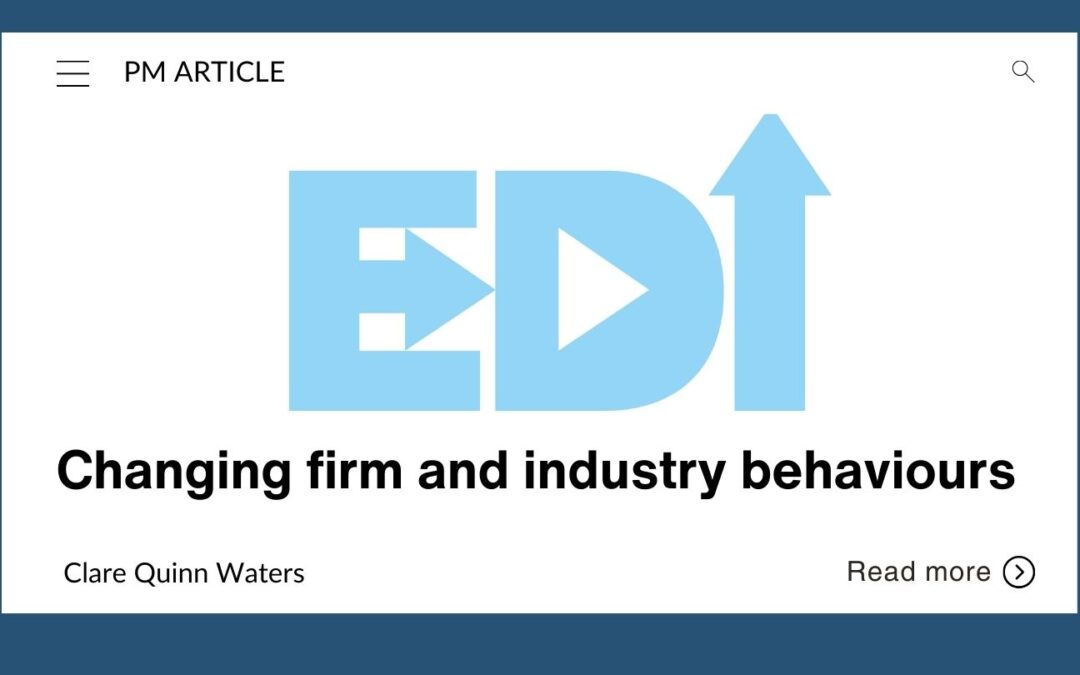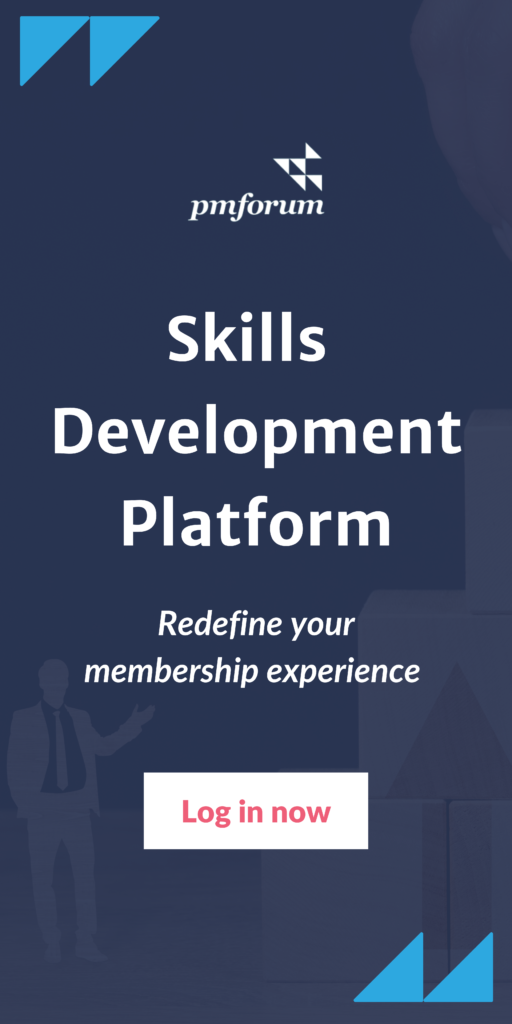FRP has created an EDI Think Tank. It is, says Clare Quinn-Waters, changing behaviours in the firm and business advisory industry.
Creating a fair, diverse and inclusive workplace is more than an objective; it’s an ongoing journey that blends both strategy and culture. So when the FRP leadership team issued a challenge to staff to identify ways we could improve our approach, it required a different way of thinking.
In response, FRP developed the EDI Think Tank that seeks to work with clients and peers to educate internal stakeholders, create an equitable and inclusive working environment, and collaborate with clients to drive change within the business advisory industry.
The firm launched the group at a breakfast round table in March 2024, with representatives from law firms, industry bodies and lenders sharing their experiences of fostering EDI within their firms. There is huge power in learning from one another and the open and pragmatic conversation meant we all came away energised to do more.
A key theme was that of building understanding, so the Institute for Turnaround very kindly offered the group a column in their quarterly publication for a senior industry leader to interview a junior professional from other organisations about their EDI journeys and the challenges they have faced along the way. As well as creating a platform for junior colleagues, it brings EDI to life for senior leaders in a powerful way, creating connections that might not otherwise exist.
Our aim is to continue this dialogue and build out the membership to bring more voices into the conversation so that we can find ways to address together some of the common issues we face.
One simple action was to sign up to the Halo Code which seeks to end race-based hair discrimination in the workplace. Our most recent meeting focused on retention and whilst we are still very far away from cracking this nut, the group shared some practical steps we can take to help us on the journey. Our ambition is to hold a summit in the next two years that really brings those practical solutions to life to effect meaningful industry change.
Here are six takeaways from the conversations so far.
1. Leadership: the cornerstone of EDI
It’s not enough for leaders to just set policies; they need to live and breathe the values of equity, diversity and inclusion in their daily actions. Leaders should be the biggest advocates for EDI, setting the tone for the entire organisation. The FRP Think Tank, in its efforts to create an equitable and inclusive working environment, has underscored the importance of leadership involvement and employee visibility. Our four-stage rollout –Discovery, Awareness, Planning and Action – is underpinned by a constant upward feedback loop so everyone is included, with a clear pace and direction of travel.
2. Education and awareness: building the foundation
Education and awareness are essential to any successful EDI initiative. Many organisations are still in the early stages of their EDI journey, so we place a strong emphasis on educating internal stakeholders. This includes publishing interviews, hosting presentations by EDI professionals and conducting workshops for leadership teams. By increasing knowledge and awareness, organisations can build a more supportive environment for their EDI initiatives.
3. Collaboration: strength in numbers
Collaboration is key to driving meaningful change. The Think Tank’s approach to fostering an equitable environment by leveraging the experiences of those further along in their EDI journey is a perfect example. This collective effort underscores the idea that together, we are greater than the sum of our parts. Bringing the voice of the client into conversations can really accelerate change so collaboration with clients and other industry bodies ensures that EDI efforts are part of a larger, unified movement towards inclusivity.
4. Inclusive practices: creating a safe space
Creating an environment where everyone feels valued and heard is crucial. The round table discussions highlighted the need for practices that ensure all voices are respected. FRP’s strategy includes electing committees for each affinity group with clearly defined roles and objectives. This set-up encourages diverse thoughts and approaches, ensuring that the needs and perspectives of all groups are considered. Reverse mentoring programmes and the anticipated summit allow us to focus on continuous education and support.
5. Measuring progress: data-driven approach
To make sure EDI initiatives are effective, measuring progress is key. FRP’s use of staff surveys to gather internal viewpoints and identify common themes is a smart strategy. These surveys help inform the planning phase and set objectives for affinity groups. By tracking progress through these surveys and other metrics, organisations can adjust their strategies to meet their EDI goals. This data-driven approach provides a clear path for continuous improvement and accountability.
6. Visibility and accountability: leading by example
Visibility and accountability are essential for the success of EDI initiatives. Including EDI questions in staff surveys and recording interviews with minority group members for internal distribution aims to normalise the conversation around EDI. Moreover, the agreement with IFT to have a regular column written by minority group members interviewing leaders on their EDI journey helps hold leaders accountable and gives visibility to the authors. This approach not only highlights the IFT’s commitment to EDI but also ensures that leaders are actively participating and being held accountable for progress.
The journey towards equity, diversity and inclusion is ongoing and requires a concerted effort from all levels of an organisation. The insights from the round tables and structured approach of the EDI Think Tank provide a comprehensive framework for driving change.
By focusing on leadership, education, collaboration, inclusive practices, measuring progress, and ensuring visibility and accountability, organisations can create a more equitable and inclusive working environment. As these initiatives continue to evolve, the collective efforts and shared insights will pave the way for a more inclusive industry, proving that together, we are indeed greater than the sum of our parts.
To learn more,or if you would like to get involved in the EDI Think Tank, please do get in touch.
Clare Quinn-Waters is a Partner and BD Director at FRP. Her main focus is on the client life cycle, creating and implementing strategies to target potential sources of new business and strengthen existing relationships.



